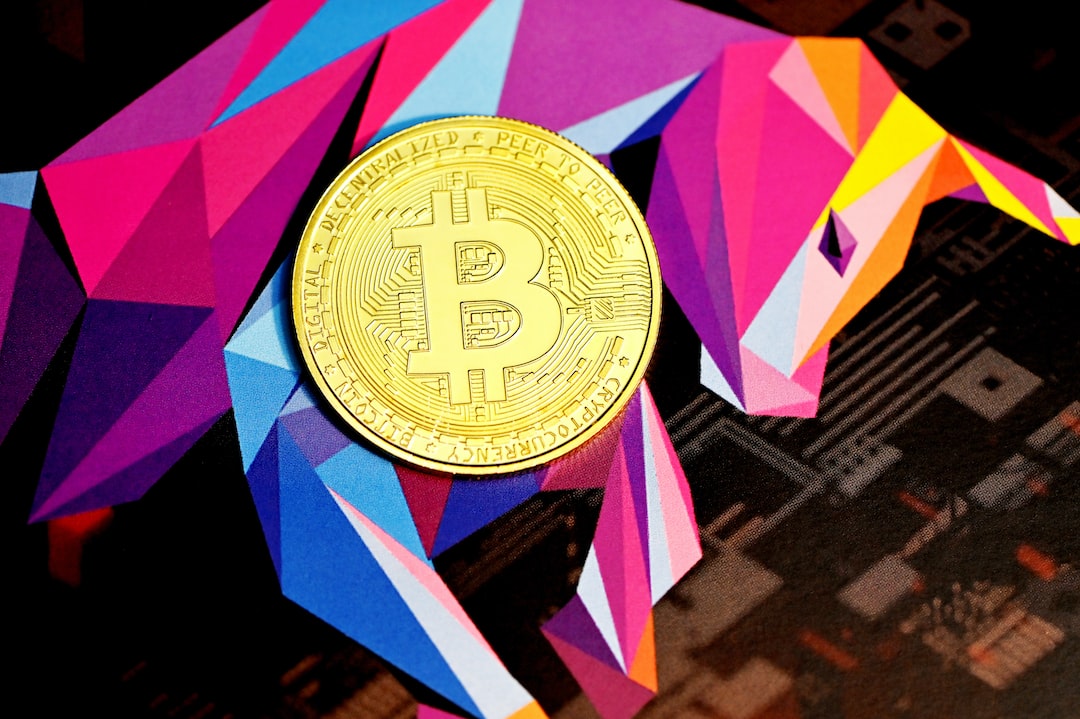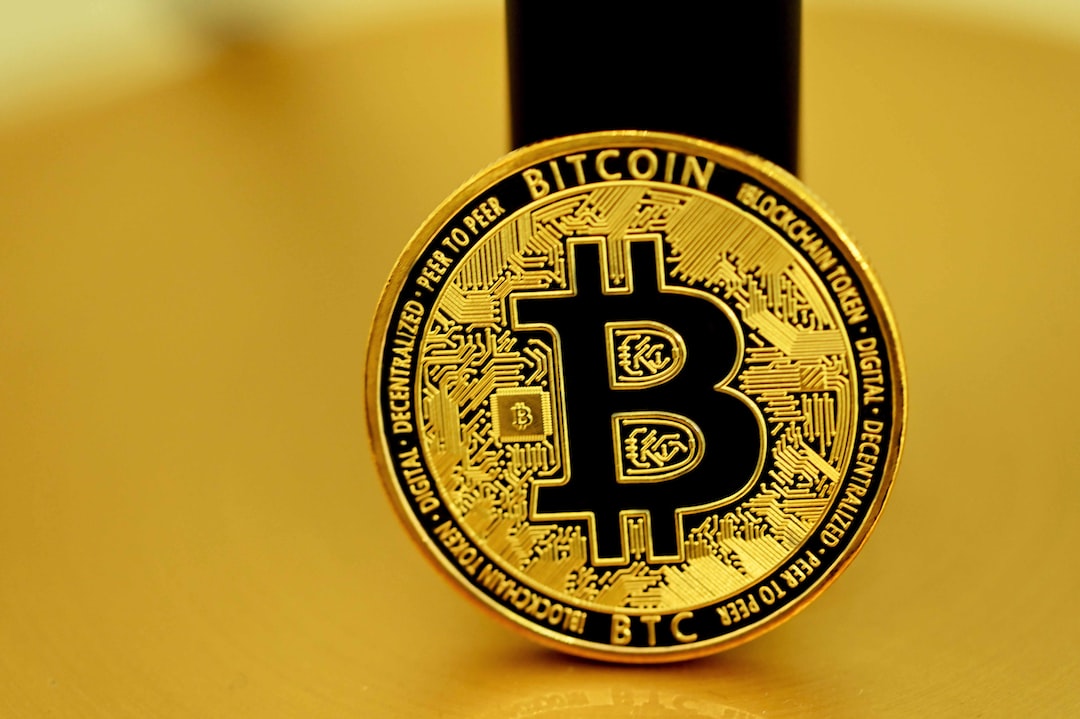Bitcoin as the Global Currency
In the realm of economics and finance, there is a hypothetical scenario worth exploring: what if Bitcoin replaced the USD as the world’s global currency? This article will simulate this scenario and discuss the potential economic and social consequences. One immediate change would be the absence of centralized monetary policies set by the FED. Bitcoin’s decentralized nature means there is no central authority to manipulate its value or control its supply, leading to greater economic stability and predictability. This could foster increased confidence among businesses and consumers as they navigate a more stable economic environment without the uncertainty of inflation or monetary policy changes.
Comparison with the Fed
The FED often faces criticism for its monetary policy decisions that can lead to economic uncertainty. Bitcoin, on the other hand, has a fixed supply cap of 21 million coins, making it deflationary by nature. This reduces the risk of hyperinflation compared to the FED’s ability to print more USD, potentially leading to inflationary pressures.
International Trade and Transactions
Bitcoin’s borderless and decentralized nature could simplify international trade and transactions. Cross-border payments and currency conversions would become more efficient and cost-effective, stimulating global trade and economic growth.
Comparison with the Fed
The FED’s control over the USD can lead to complications in international trade and currency exchange rates.
Social and Economic Impact
Bitcoin’s accessibility and global reach could empower the unbanked and underbanked populations worldwide, improving financial inclusion and promoting economic development in underserved regions.
Comparison with the Fed
The Fed’s policies primarily affect those within the traditional banking system, potentially leaving marginalized populations at a disadvantage. However, Bitcoin’s decentralized nature might also lead to wealth concentration, benefiting early adopters and miners while exacerbating income inequality.
Monetary Policy Flexibility
With Bitcoin, there would be limited room for monetary policy adjustments in response to economic crises. Central banks would lose the ability to employ traditional tools like interest rate cuts or quantitative easing, potentially leading to more severe and prolonged economic downturns.
Comparison with the Fed
The FED has a range of tools at its disposal to combat economic crises, although their effectiveness is a topic of ongoing discussion.
Challenges and Concerns
There are several challenges and concerns associated with Bitcoin as a global currency. Scalability issues and slow transaction confirmation times could hinder daily transactions, necessitating the adoption of layer-two solutions or alternative cryptocurrencies. The lack of centralized authority in the Bitcoin ecosystem also poses regulatory and legal issues, making it challenging to address illicit activities. Additionally, Bitcoin mining consumes a significant amount of energy, raising environmental concerns that may require increased scrutiny and potential regulations.
Conclusion
The hypothetical scenario of Bitcoin replacing the USD as the world’s global currency presents both positive and concerning consequences. While Bitcoin offers benefits such as economic stability, reduced inflation risk, and improved international transactions, it also brings challenges like scalability issues, wealth concentration, and environmental impacts. Comparing this scenario with the current management of the USD by the Fed highlights the trade-offs between decentralization and central authority. Addressing these challenges while leveraging Bitcoin’s advantages would be necessary for its adoption as the world’s currency. This scenario serves as a reminder of the complex interplay between technology, economics, and governance in our ever-evolving global financial landscape.
Hot Take: The Pros and Cons of Bitcoin as the Global Currency
As we explore the hypothetical scenario of Bitcoin replacing the USD as the world’s global currency, we find both pros and cons to consider. On one hand, Bitcoin offers the potential for economic stability, reduced inflation risk, and improved international transactions. On the other hand, challenges such as scalability issues, wealth concentration, and environmental concerns need to be addressed. It’s important to weigh these factors against the current management of the USD by the Fed, which has its own set of advantages and disadvantages. Ultimately, the adoption of Bitcoin as the global currency would require careful consideration and solutions to overcome its shortcomings while leveraging its strengths.





 By
By
 By
By
 By
By

 By
By
 By
By